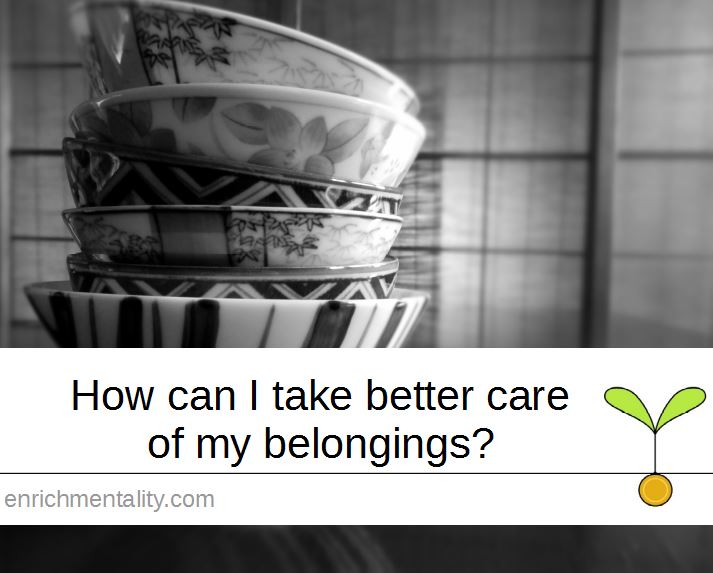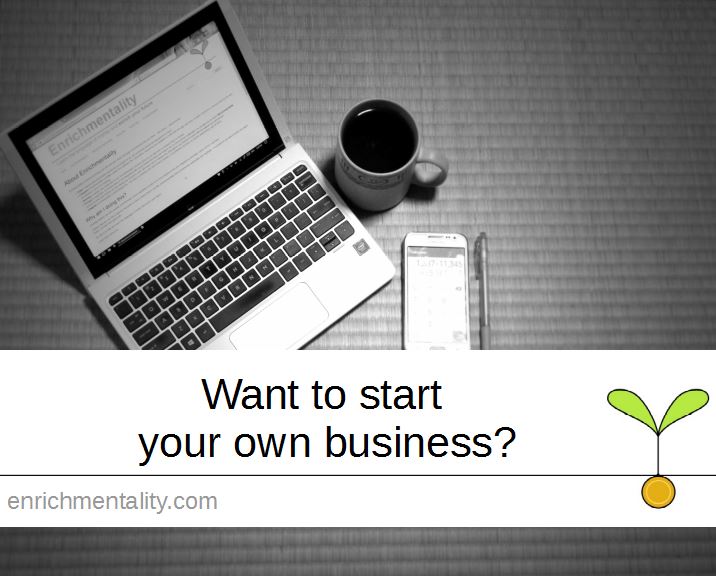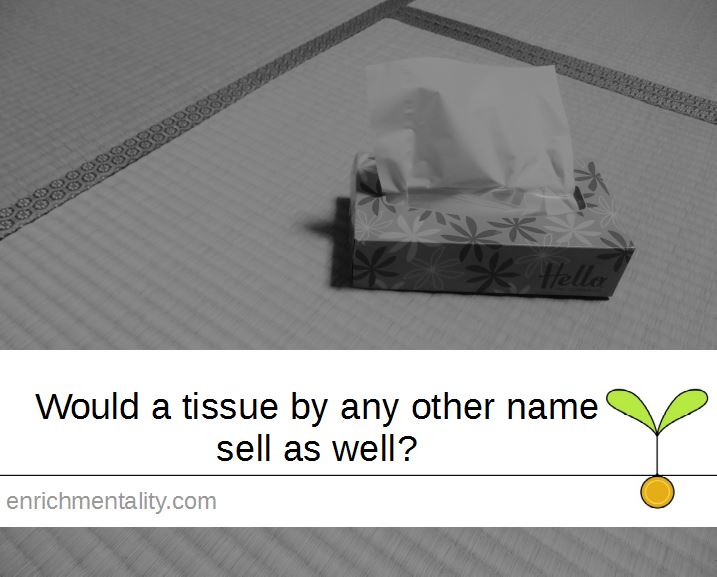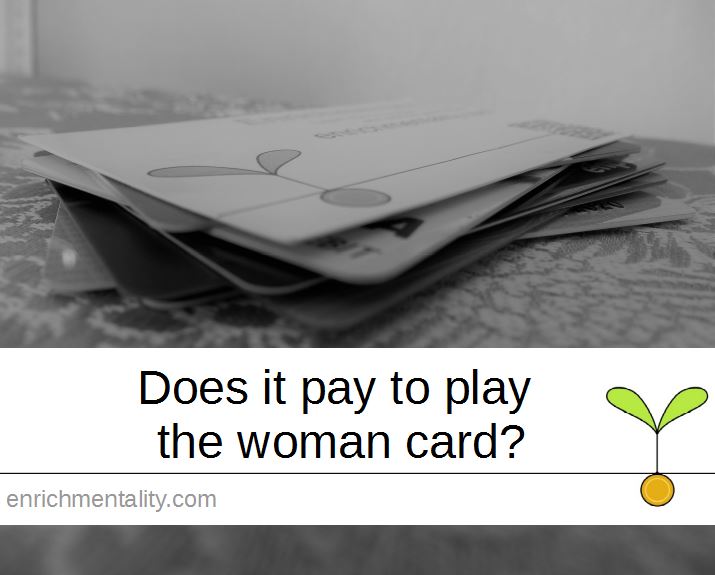Like language, money is a symbolic system we use to communicate with each other. Kids’ exposure and sensitivity to language begins early, and the same may be true of money. The majority of opinions agree financial education ‘begins with children – the younger the better’. In the last post, we looked at what an important role financial education and family background has in influencing outcomes in life.
But where do – and where should – kids learn about money?










